
1. Amazon Drought Sparks Catastrophic Fish Die-Off
Amazon Basin, Brazil – Prolonged drought in the Amazon is causing mass fish die-offs as river levels drop and temperatures soar, depleting oxygen in the water. This crisis threatens the region’s biodiversity and the livelihoods of local communities reliant on fishing.
Scientists attribute the worsening drought to climate change and deforestation, which exacerbate the Amazon’s vulnerability. The event underscores the urgent need for coordinated climate action to mitigate such disasters and protect this globally vital ecosystem.

2. Plastics and Public Health: UN Tackles Global Crisis
United Nations – Delegates from around the world convened to negotiate a treaty addressing plastic pollution’s far-reaching impacts on public health and marine ecosystems. The talks aim to reduce global plastic waste through production caps, better waste management systems, and extended producer responsibility.
Public health experts emphasize the risks posed by microplastics in food chains and their long-term health effects. Environmentalists are calling for urgent action to prevent further damage to oceanic ecosystems already burdened by pollution. The treaty could mark a turning point in global efforts to combat the plastics crisis.
Thank you for your generous gift that will help us continue the production of this weekly, free publication
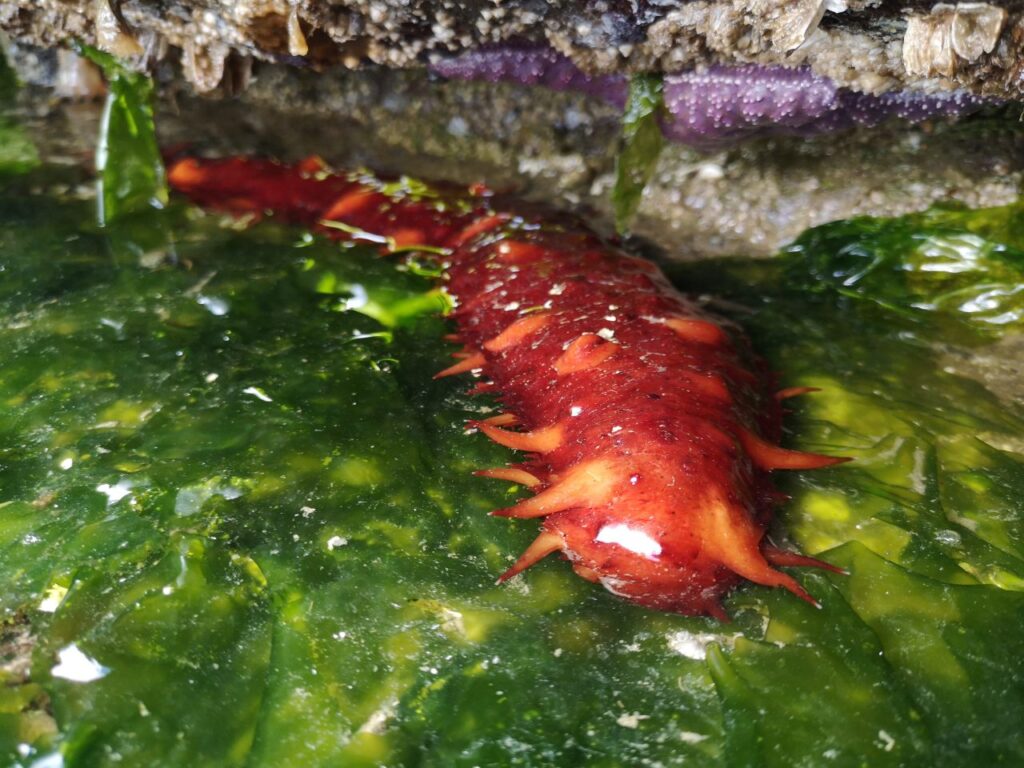
3. Unmasking the Sea Cucumber Trade: Ecosystem at Risk
Global – Illegal sea cucumber fishing is emerging as a significant threat to marine ecosystems worldwide. Highly valued in international markets, particularly in Asia, sea cucumbers play a crucial role in maintaining ocean health by recycling nutrients on the seafloor. Unsustainable harvesting has led to population declines, disrupting marine biodiversity.
Conservationists are calling for stricter enforcement of regulations and increased awareness of the ecological importance of these species. The trade’s impacts underscore the urgent need for better monitoring and sustainable management of marine resources.

4. Underwater Heist: India Busts Shark Fin and Seahorse Trade
Tamil Nadu, India – Officials seized 120 kilograms of dried shark fins and seahorses in an operation targeting illegal wildlife trade. Two individuals were arrested in connection with the contraband, which is suspected to be part of a larger trafficking network. Shark fins are prized in certain markets for soup, while seahorses are often used in traditional medicine. Authorities are intensifying crackdowns on such illicit activities, as India is a party to the Convention on International Trade in Endangered Species (CITES).
This operation highlights the growing need for global cooperation to combat wildlife trafficking, especially involving marine species vulnerable to overexploitation. The arrested individuals face charges under India’s Wildlife Protection Act, which prohibits the trade of these protected species.
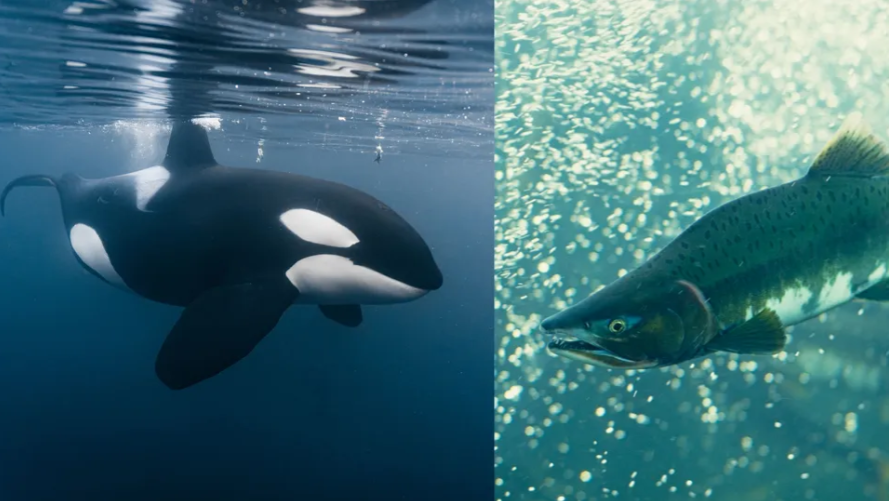
5. Orca Couture: Why Killer Whales Are Wearing Dead Salmon Hats Again
Pacific Northwest – Orcas have resumed their peculiar behavior of wearing dead salmon as hats after a 37-year hiatus. First observed in the 1980s, this behavior is thought to be social or cultural rather than practical. Scientists theorize the resurgence could signify generational traditions, social bonding, or even stress-related actions among these apex predators.
The trend highlights the intricate social structures of orcas, their ability to learn and pass behaviors, and the role of environmental changes in shaping marine animal behaviors. Researchers are monitoring the phenomenon to determine whether it holds broader implications for orca populations.

6. Winds of Change: Study Explores Offshore Wind Farms’ Marine Impact
Global – Researchers are embarking on an ambitious study to assess the ecological impacts of offshore wind farms on marine life. While wind energy is a critical component of renewable energy strategies, concerns persist about its potential effects on marine ecosystems. The study will investigate issues such as noise pollution, habitat disruption, and changes in species behavior around turbine sites.
By integrating advanced technology and monitoring techniques, scientists aim to balance renewable energy expansion with ocean health. Findings could shape policy decisions and best practices for sustainable offshore development.

7. Oceans on the Line: COP29 Delivers Mixed Results on Climate Action
Dubai, UAE – Countries at COP29 made progress on certain climate goals but fell short of the ambitious targets needed to address the growing climate emergency. Delegates debated key issues, including loss and damage funding, decarbonization strategies, and ocean health. While agreements were reached on several fronts, critics argue the pace of action is insufficient to mitigate the worst impacts of global warming.
Marine ecosystems, already under pressure from warming seas and acidification, face continued threats without urgent and transformative policies. Advocacy groups are calling for stronger commitments and immediate implementation to safeguard both the planet and its oceans.
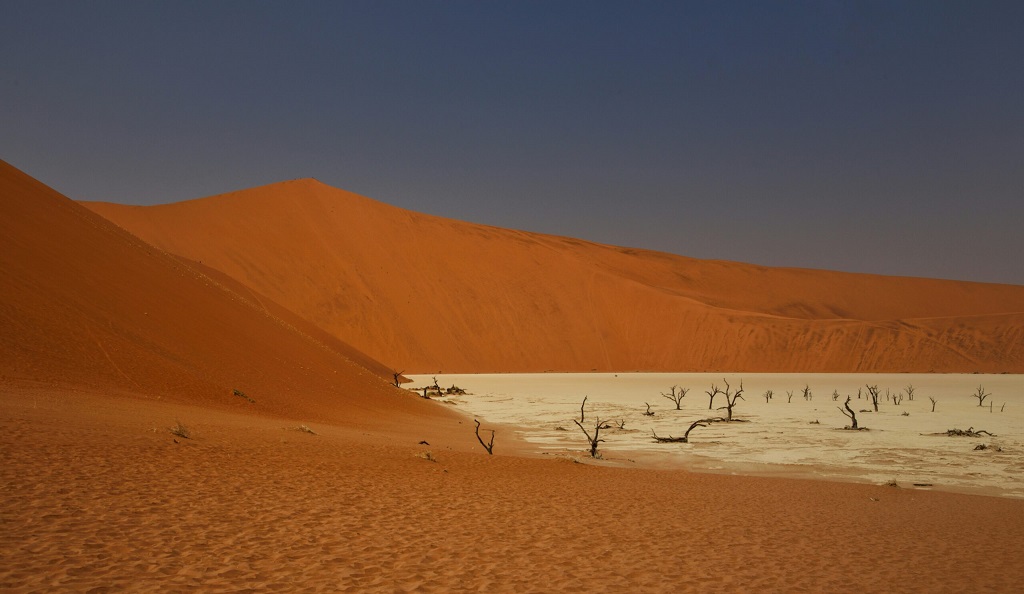
8. Dust to Bloom: Record Phytoplankton Growth from African Dust Fuels Marine Debate
South Africa – A record phytoplankton bloom off South Africa’s coast has been linked to dust storms originating in the Sahara Desert. Scientists believe the dust, rich in iron and other nutrients, is fueling the massive algae growth, which supports marine food webs but also raises concerns about oxygen depletion and harmful algal blooms.
The event illustrates the intricate interplay between terrestrial and marine systems and highlights the global nature of climate and ecological dynamics. Researchers are studying the phenomenon to understand its long-term implications for marine life and the surrounding ecosystem.
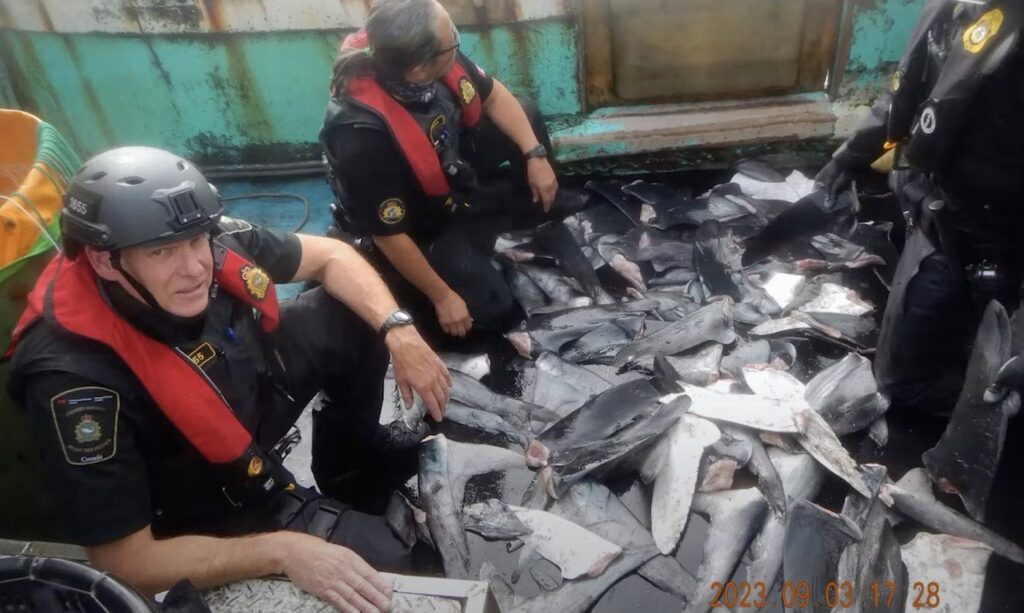
9. Shark Watch: Canada Flags Illegal Finning in North Pacific
North Pacific – Canada has raised alarms about illegal shark finning by fishing fleets operating in the region. Despite international regulations, reports suggest some vessels are evading oversight, threatening shark populations and undermining conservation efforts. Canada is urging stronger enforcement of existing laws and international cooperation to combat these practices.
Conservationists stress that unchecked finning disrupts marine ecosystems and drives species closer to extinction. The issue highlights the broader challenges of addressing illegal, unreported, and unregulated (IUU) fishing globally.
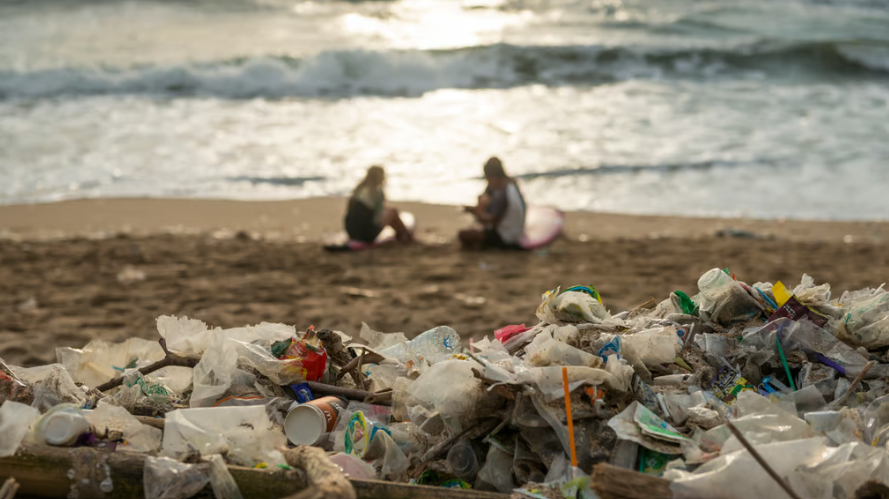
10. Paradise vs. Plastics: Bali’s Fight Against Marine Debris
Bali, Indonesia – Once renowned for its pristine beaches, Bali now faces a growing crisis of plastic pollution. Marine debris, primarily from local and international sources, has overwhelmed the island’s coastlines, threatening marine life and the tourism-dependent economy. Local organizations and government initiatives are ramping up cleanup efforts, banning single-use plastics, and promoting public awareness.
Despite progress, the challenge remains immense, requiring sustained global cooperation to address the upstream sources of plastic waste and reduce its impact on marine ecosystems.
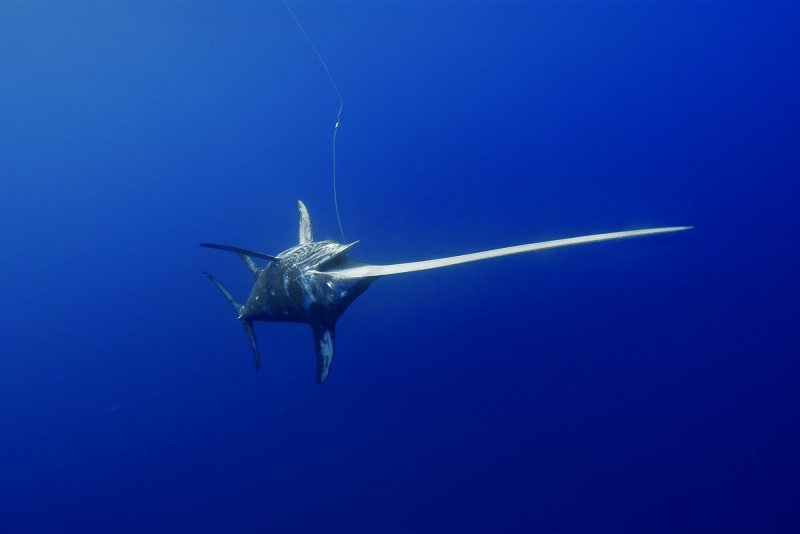
11. Swordfish and Sustainability: New Rules to Preserve Atlantic Stocks
Atlantic Ocean – Landmark regulations aimed at safeguarding Atlantic swordfish have been introduced, emphasizing sustainable fishing practices. The rules set tighter quotas and enforce bycatch limits to protect vulnerable populations while ensuring the species’ recovery. Conservation advocates hail the measures as critical to maintaining marine biodiversity, though industry groups express concerns about the economic implications.
These actions reflect an increasing global focus on balancing economic interests with marine conservation to prevent overfishing and ensure long-term ecological health.
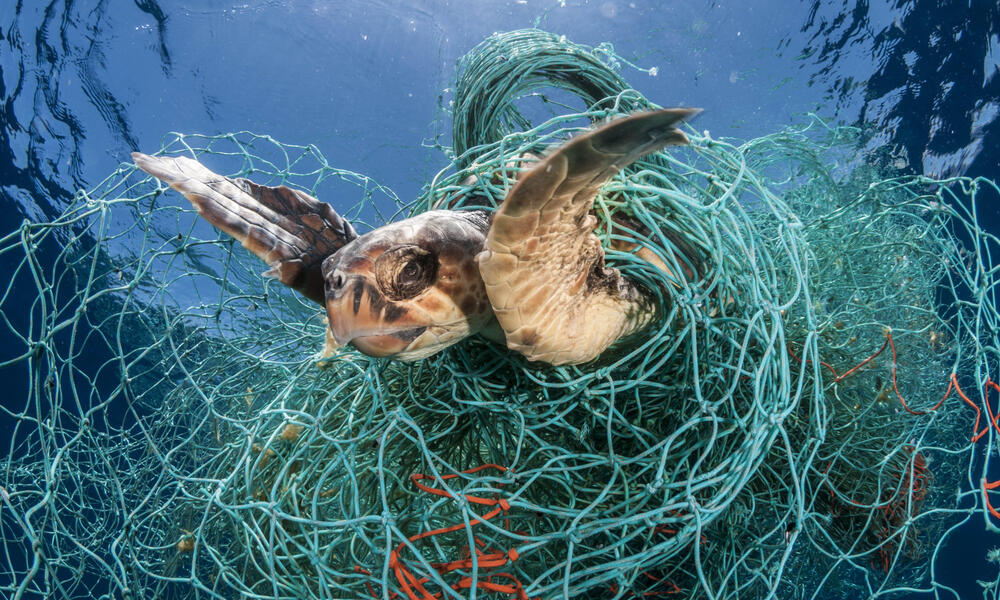
12. Turtles Triumph: Gambia Protects Marine Wildlife
Gambia – Conservation efforts in Gambia are gaining momentum, focusing on marine turtle protection and broader wildlife conservation. Local initiatives supported by international partnerships have enhanced public education, improved monitoring of nesting sites, and reduced poaching. These efforts are critical for sustaining the country’s marine biodiversity, which faces threats from climate change and illegal fishing.
Advocates highlight the importance of community involvement and policy enforcement to protect these endangered species and ensure ecosystem health.
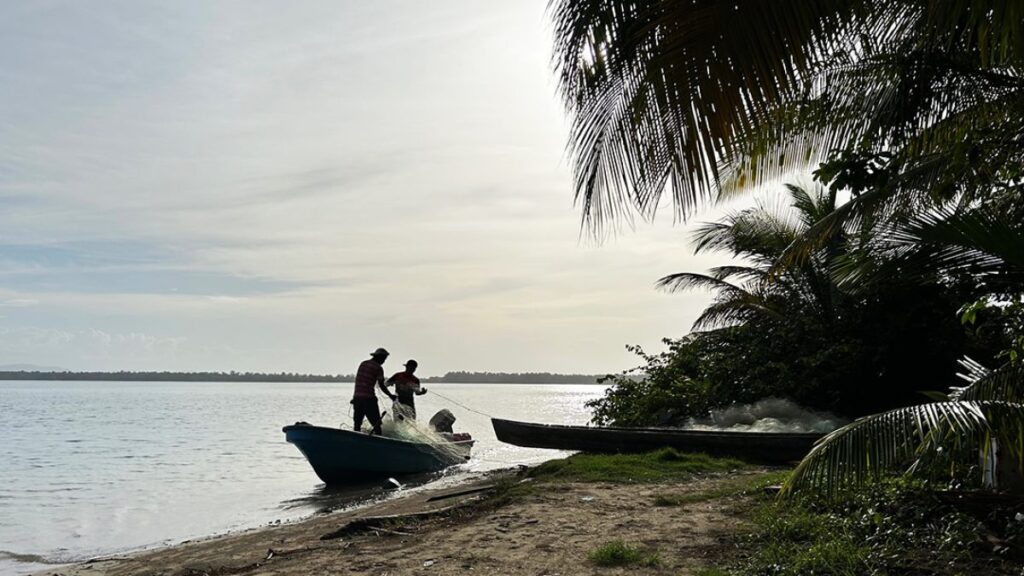
13. Climate vs. Communities: Artisanal Fishers Demand Rights in Crisis Talks
Global – As climate policies shape global fisheries, artisanal fishing communities are demanding recognition and support. These small-scale fishers, often the backbone of local economies, face mounting challenges from overfishing, habitat destruction, and climate change. Advocacy groups stress the need for inclusive policies that balance conservation with livelihoods, ensuring equitable access to marine resources.
Discussions at international forums highlight the vital role of these communities in achieving sustainable development and preserving cultural heritage in the face of environmental upheaval.
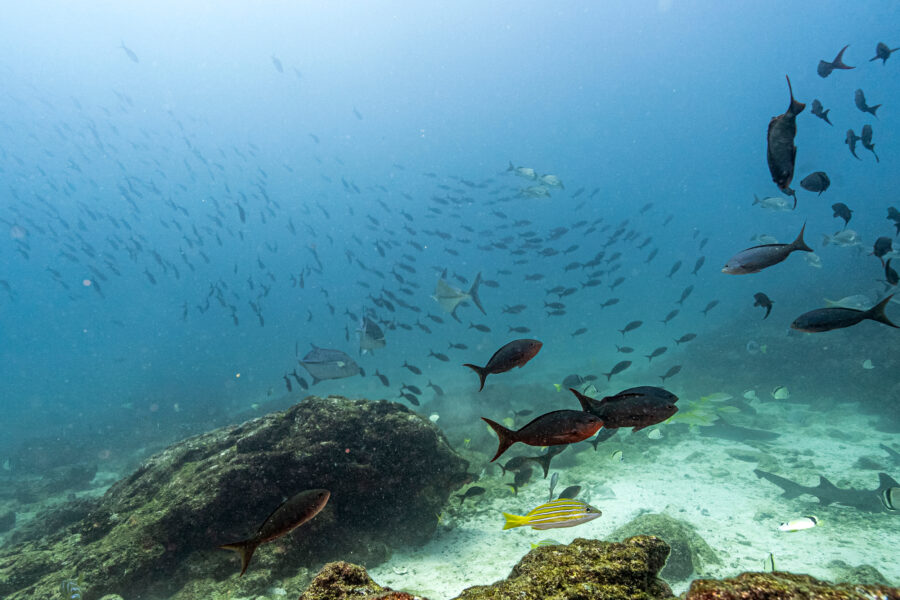
14. High Seas Harmony: The Push for Treaty Ratification
Global – The urgency to ratify the High Seas Treaty is growing as nations recognize the need for stronger protections for international waters. The treaty aims to safeguard marine biodiversity by addressing overfishing, pollution, and habitat destruction in areas beyond national jurisdictions. Advocacy groups are emphasizing the importance of swift action to implement the agreement, which could transform ocean governance.
As global challenges intensify, the treaty represents a critical step in uniting nations to preserve the health of the high seas and ensure sustainable ocean use.
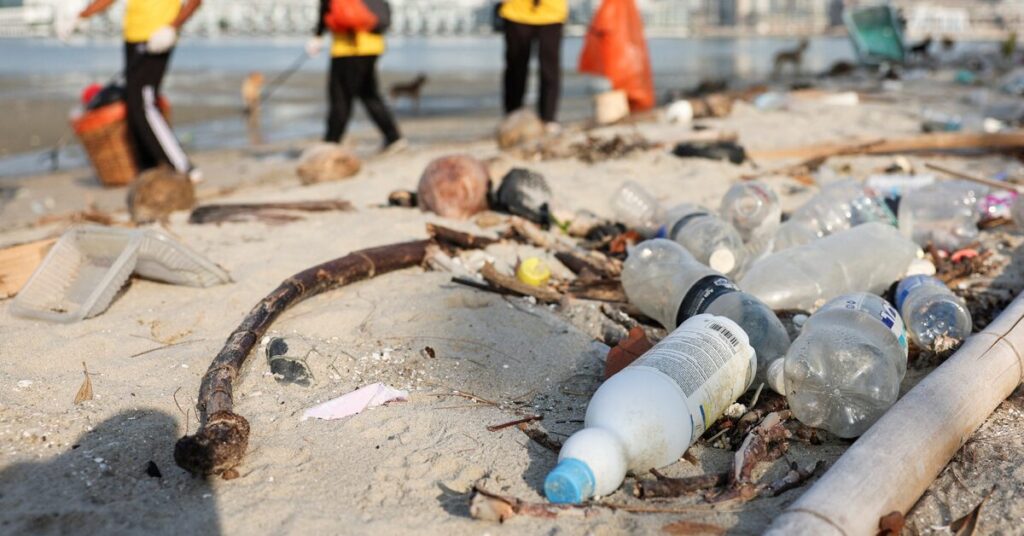
15. Plastics Negotiations Heat Up at UN Confab
Paris, France – The UN’s global plastic pollution conference has become a battleground for competing interests. Environmental groups are advocating for bold measures to phase out single-use plastics and address microplastics in the ocean, while industry representatives lobby for gradual change and less stringent regulations.
As the stakes rise, scientists warn of the dire consequences for marine life if the crisis remains unchecked. The negotiations could set the tone for future international policies, determining the fate of millions of tons of plastic waste entering oceans each year.

16. Ocean’s Silver Lining: Study Reveals Wind Energy Benefits
Global – A new study is examining the potential benefits of offshore wind farms on marine ecosystems. Preliminary findings suggest that turbine structures may act as artificial reefs, attracting diverse marine species and enhancing local biodiversity. However, concerns remain about the long-term impacts of noise pollution and habitat alteration.
The research seeks to balance renewable energy development with marine conservation, offering insights to guide future offshore projects. The results could shape global policies aimed at achieving sustainable coexistence between energy needs and ocean health.
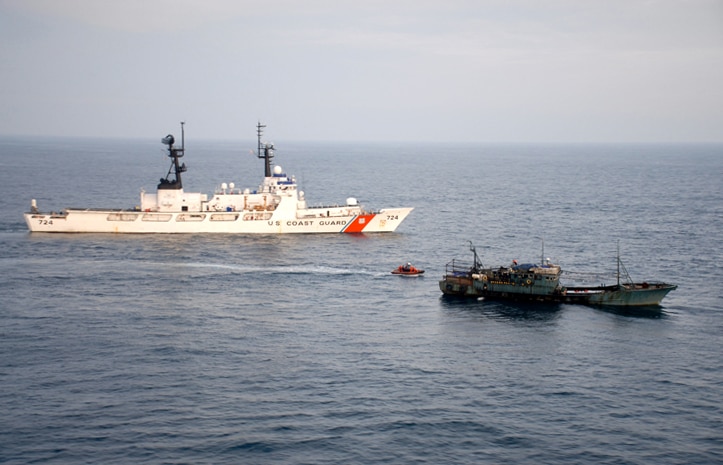
17. United States Sanctions Tackle IUU Fishing Crisis
United States – The U.S. has announced new sanctions aimed at combating illegal, unreported, and unregulated (IUU) fishing, a global issue that undermines marine conservation and sustainable fisheries. The measures target companies and vessels involved in IUU practices, strengthening enforcement and deterring future violations.
Conservation groups have praised the initiative as a crucial step toward protecting ocean biodiversity and ensuring equitable resource management. The sanctions reflect a growing commitment to addressing marine crimes and promoting transparency in global fisheries operations.
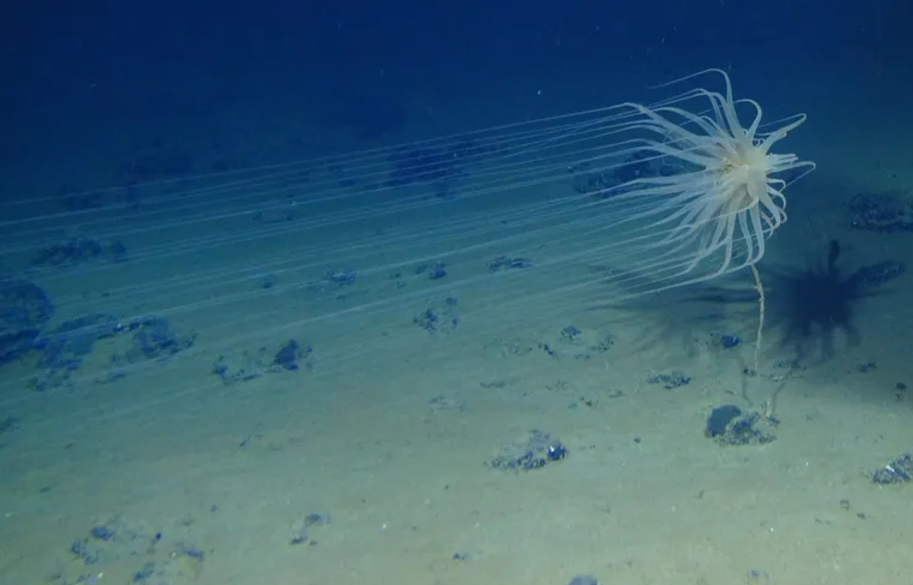
18. Deep-Sea Dangers: High Seas Mining Debate Heats Up
High Seas – The controversial practice of deep-sea mining is drawing scrutiny as nations weigh its potential benefits against the risks to fragile marine ecosystems. While proponents argue that seabed minerals are critical for renewable energy technologies, critics warn of irreversible damage to underwater habitats and biodiversity.
Conservationists are advocating for a moratorium on mining activities, citing insufficient research on long-term environmental impacts. The debate highlights the tension between advancing green energy goals and protecting ocean health, urging a cautious approach to exploiting the deep sea.
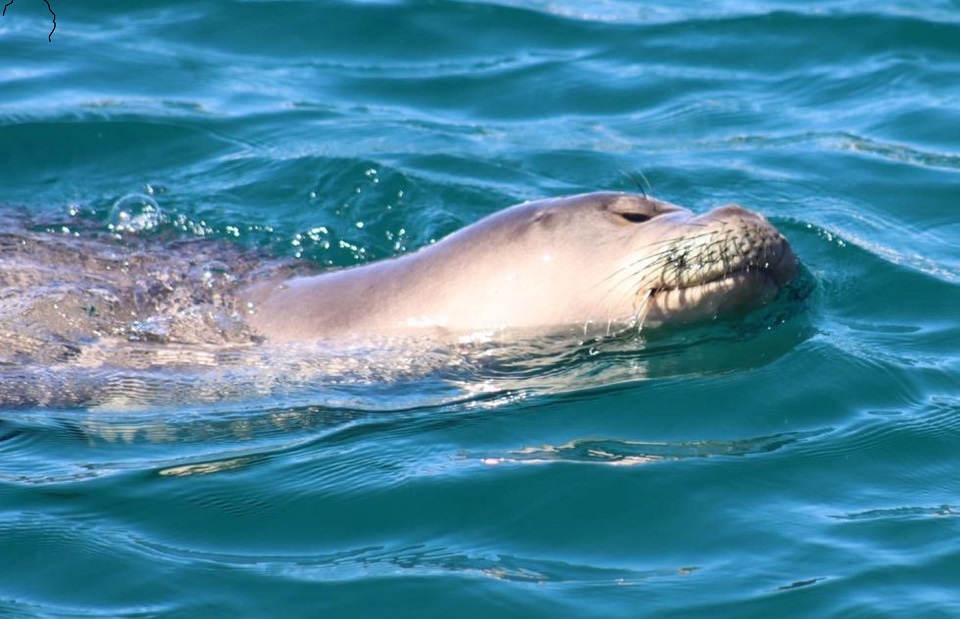
19. Monk Seal Mania: Too Much Love for Endangered Pups?
Hawai‘i Island, USA – Public fascination with a newborn Hawaiian monk seal pup has raised concerns among wildlife experts about the impact of human interaction. With only about 1,500 individuals left, monk seals are one of the most endangered marine mammals.
Overcrowding near resting seals can stress mothers and pups, jeopardizing their survival. Biologists urge responsible wildlife viewing practices and public education to protect these vulnerable animals and preserve their chance for recovery.
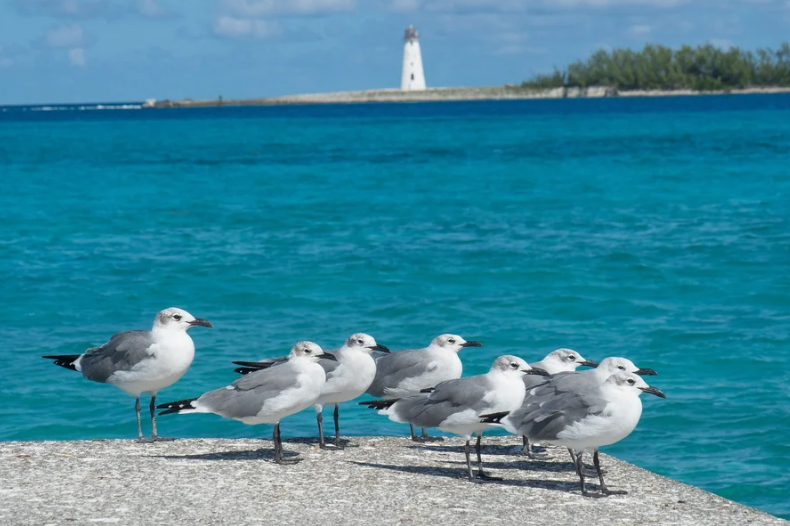
20. Bahamas Debt Deal Links Conservation and Economic Recovery
Bahamas – An innovative debt-for-nature swap is directing funds toward marine conservation in the Bahamas, balancing economic challenges with environmental preservation. This agreement, spearheaded by Standard Chartered Bank, allocates resources to protect critical marine ecosystems, including coral reefs and fisheries.
Advocates hail the initiative as a blueprint for sustainable development, highlighting its potential to inspire similar programs worldwide. The deal demonstrates how financial mechanisms can be harnessed to support both biodiversity and economic resilience.




